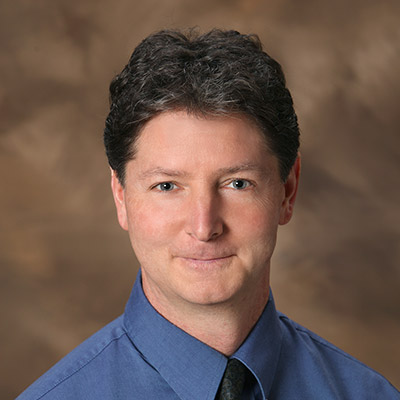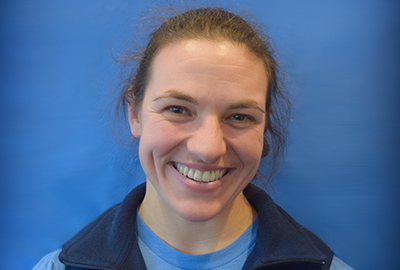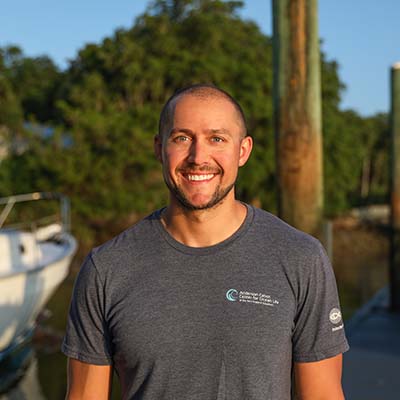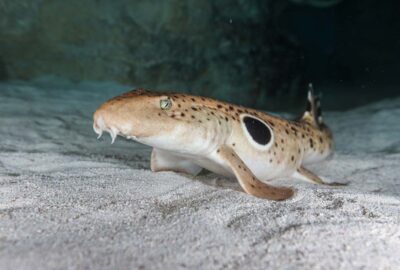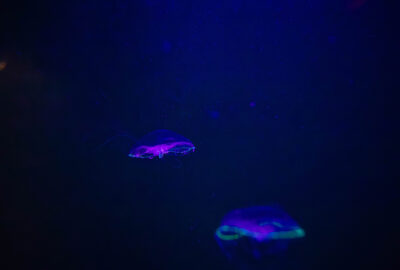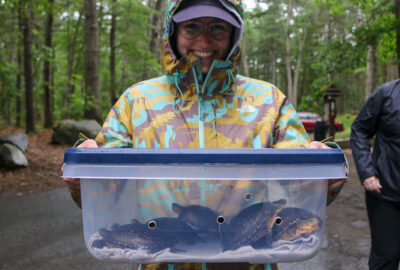Temporal stability of in vitro venous blood gas, pH, and lactate values of cownose rays (Rhinoptera bonasus) and red-eared slider turtles (Pseudemys scripta elegans)A Draft
By Charles Innis, Emily Jones, Julie Cavin, Ryan Knotek, John Mandelman
Originally published in Journal of Zoo and Wildlife Medicine in March 2020

Abstract
This study assessed the in vitro temporal changes that occur in blood pH and lactate concentrations for an elasmobranch species and a chelonian species, as well as blood gases (partial pressures of carbon dioxide [pCO2] and oxygen [pO2]) for a chelonian species, with a portable clinical point-of-care analyzer. Blood samples were collected from 10 cownose rays (Rhinoptera bonasus) and 10 red-eared sliders (Pseudemys scripta elegans), stored on ice, and serially analyzed at six time points up to 90 min postcollection. Results indicate that analysis should be conducted as soon as possible after blood collection for these species, with immediate analysis being preferred. However, if analysis must be delayed, syringes may be capped, placed on ice, and analyzed at a later time. Analysis within 90 min provided clinically acceptable results for pH and lactate in both species and for pCO2 in red-eared sliders, whereas substantial artifactual increases of pO2 were seen in red-eared sliders.
Full Text

